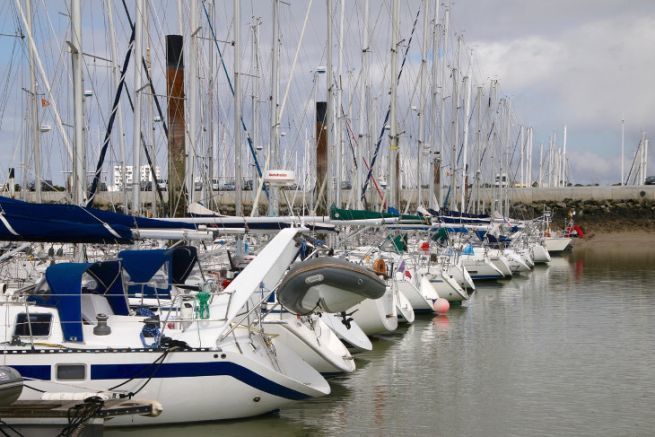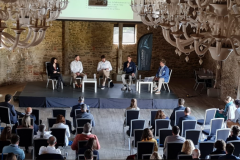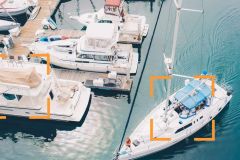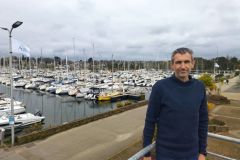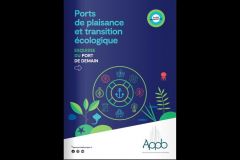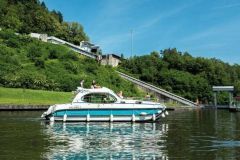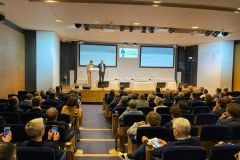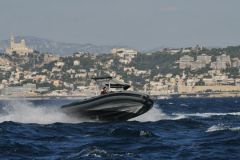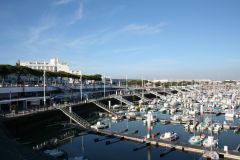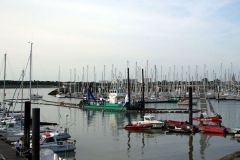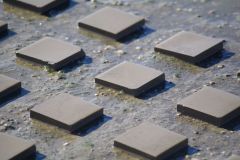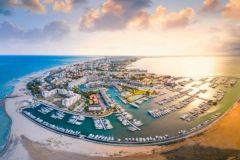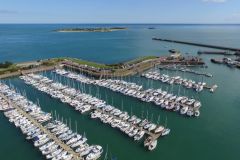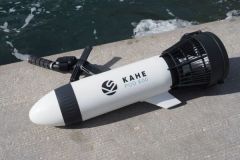Return of the APPA and APPB to the French Federation of Marinas
The wind has definitely changed within the French marina ecosystem. While the threat of the creation of a national union competing with the French Federation of Marinas (FFPP) was on the table before the Covid-19 pandemic, the port sector has taken the path of unity. The main dissidents at the time, the Association of Marinas of Brittany and the Association of Marinas of the Atlantic, have publicly signed their return to the FFPP, joining again in the presence of the Minister of the Sea on September 30, 2021 on the occasion of the Grand Pavois.
A reunification born of common work
The dynamics of rapprochement came from the need to work together during the Covid pandemic19 to militate with a single voice before the public authorities for the reopening of marinas. Following this, formal discussions were held until APPA and APPB re-joined the FFPP. "There was real work upstream on a governance platform, on objectives and working methods. It was then adopted separately by our 3 structures. It then became natural to integrate this federation on the basis of the new platform" explains Bertrand Moquay, president of APPA.
In addition, in order to renew the governance, Serge Pallares, at the head of the FFPP for 21 years, announced that he would leave the presidency at the general assembly of the Nautic 2021.
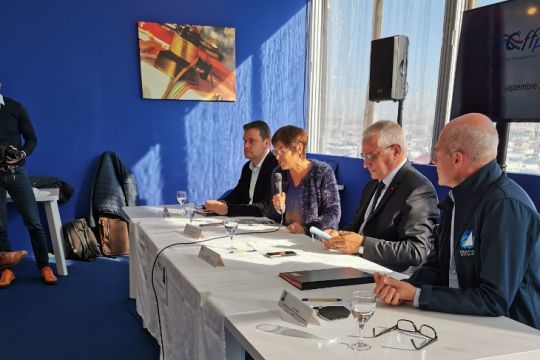
A common port strategy and method
Within the framework of this new governance, the 3 associations have agreed on priority work themes in the face of ecological, digital and infrastructural changes in marinas. The reflections will notably concern the creation of new services to adapt to new uses and facilitate access to the sea, the change of port model to become a development center for the territories, the adaptation of protection works to the rise in water levels, and the development of tourist actions.
Beyond that, it is the exchange and the place of local structures that must change. "The changes will also concern the method. We must rely heavily on the know-how of the regional unions to take the experiences that work in the field and duplicate them in all coastal territories. This will also allow us to be heard by local and national authorities" concludes Bertrand Moquay.
